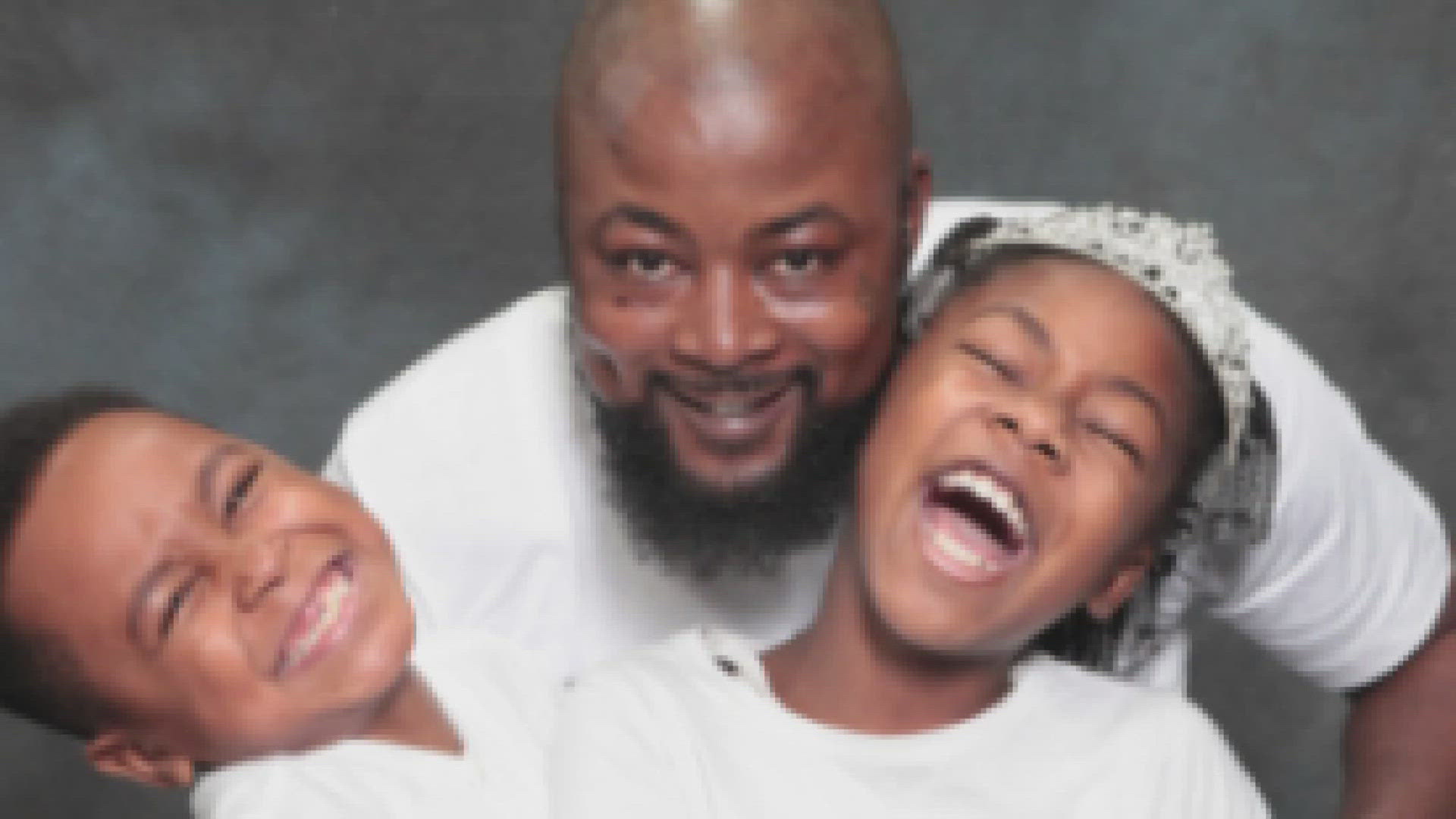ARLINGTON, Va. — In a meeting with the Community Oversight Board (COB) and family of Tori Thompson on Wednesday, Arlington County Police Chief Andy Penn apologized for the lack of investigation and proper notification before his body was cremated.
The meeting to review the case comes more than a year after Tori Thompson, who was unhoused, died of a fentanyl overdose outside a hotel in July 2023. The family said they only found out about his death and cremation four months later when they tried to search for him.
“I'm sorry what you've gone through and we're doing everything that we can to make sure that this doesn't happen again,” Chief Penn told the family in the meeting.
“This shouldn't have happened,” Capt. Albert Kim added. “This is not our best work, and this does not commiserate with what this agency represents.”
County officials acknowledged how the detective, who remains publicly unidentified, was disciplined although the details weren't revealed during the meeting.
Angela Thompson, Tori Thompson’s mother, told WUSA9 he faced two weeks suspension without pay. She accused the investigator of bias.
“I don’t feel he deserves to be a detective,” Angela Thompson said. “This is not a story for 2024 in a metropolitan city. This is a story my ancestors would've told. There is no justice here.”
Virginia law allows the process of cremation of an unclaimed body on several factors, including if 10 days have passed, which police initially cited.
However, the family and the independent policing auditor argued there were different avenues the detective could’ve explored before the case was closed, including searching through databases.
When Tori Thompson died, he had on him a birth certificate with his mother’s name and current address, a cell phone, a sticky note with phone numbers written on the back, a check made out to a person in D.C., and a Maryland-issued ID.
The detective claimed the only information found on Tori Thompson was a piece of a paper that didn’t refer to the address on the ID, and he wasn’t sure if the cell phone belonged to Tori Thompson. The detective also said he called the numbers on the sticky note, but that nobody answered.
“I know for a fact that he didn't reach out to Tori's family,” Gwendolyn Hubbard-Harrison, Tori Thompson’s grandmother, said. “I don't think he did any justice on that part.”
After the family filed complaints, the police department asked the detective for his reports, but he said he “lost” his notes and couldn’t remember the exact steps taken.
COB Chair Julie Evans also read a transcript from a body-worn camera that captured the detective saying, “I’ll try to find next of kin but I’m not going to hold my breathe on that ... If not, we’ll do what we do."
The Office of Professional Responsibility and the COB agreed there were investigatory violations, which included the wrong address listed in the order to cremate the body.
“This failure to investigate was so grave, it rose to the level of carelessness or negligence,” Independent Policing Auditor Mummi Ibrahim told police.
The COB disagreed with the police department’s decision to exonerate alleged violations of inaccurate information and bias policing.
Capt. Kim said the investigator, who only became a detective seven months prior, didn’t have the same training that’s being offered now. He said the detective didn’t have much experience in unclaimed bodies, and only had two previous cases involving unhoused individuals.
“I think what this points to is perhaps a lack of training, perhaps lack of thoroughness and the structural changes that needed to do and that’s why the agency exonerated this particular policy,” Kim said.
Police said because of what happened, they've provided more training, have a supervisor to oversight before ruling there's an unclaimed body, and a more formalized training and checklist of requirements for new detectives.
That detective also underwent two courses and a two-week training on homicide investigations.
The COB recommended a stricter punishment. The board also wants stricter questions when asking officers about allegations of bias, more specific language in the police department's bias policy, and determine other ways to discipline instead of firing an officer.
ACPD have 30 days to respond if they'll decline those recommendations.

